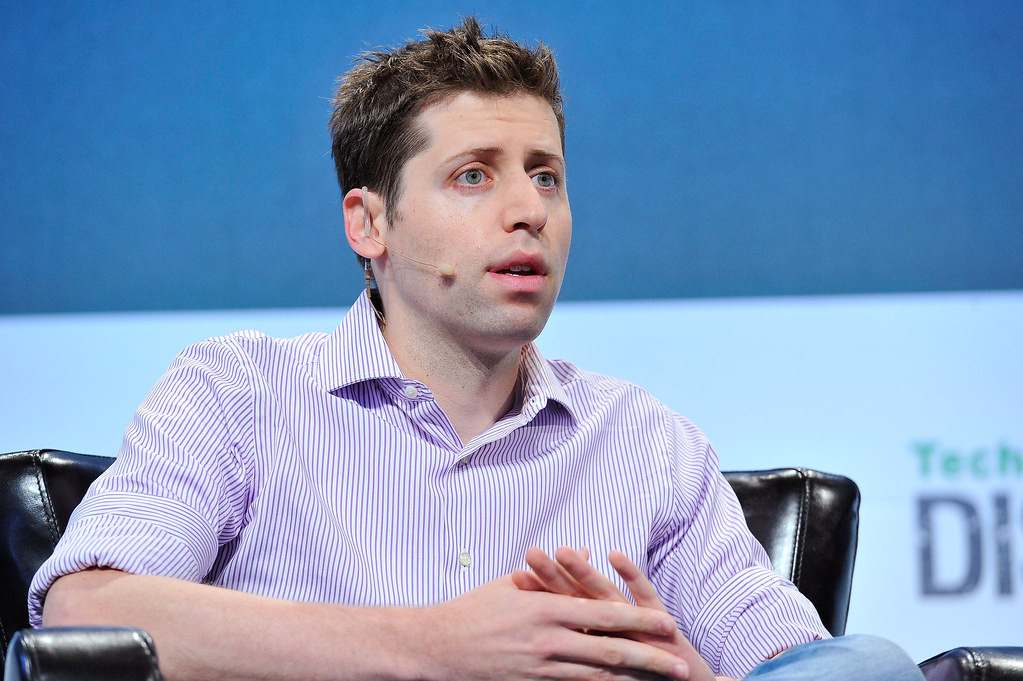The UK’s decision not to pursue a £2 billion deal for universal ChatGPT Plus access could be viewed as a major missed opportunity to prepare its workforce for the future of work. The proposal represented a radical, nationwide experiment in upskilling for the AI era.
The plan discussed by Technology Secretary Peter Kyle and OpenAI’s Sam Altman would have given every citizen a powerful productivity tool. This could have accelerated the adoption of AI in small and medium-sized enterprises, helped workers automate routine tasks, and provided a platform for learning new, AI-related skills.
As AI is predicted to transform numerous industries and job roles, proactive government intervention to ensure widespread AI literacy is seen by many as essential. The national subscription model was perhaps the most direct and ambitious form such an intervention could take.
Although the government rejected the plan on financial grounds, the question remains: what is the cost of not making such an investment? By opting for a more cautious approach, the UK may be saving money in the short term but potentially missing a chance to gain a significant long-term competitive advantage in the global AI-driven economy.

